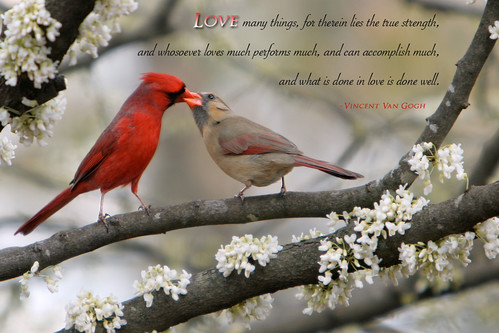Previous:
 Rosh was now doing long hours in multiple jobs. It was almost as if he was racing. Against time. Against himself.
Rosh was now doing long hours in multiple jobs. It was almost as if he was racing. Against time. Against himself.
He had a lot to achieve, to get where he wanted. But life had been two step forwards and one step back so far.
He returned home late from work these days, and was beginning to bring work home.
He always seemed to be on call, because he was good at whatever he did, and never said no to any of his casual employers.
He was gaining momentum, but speed came at a cost. He had less time for family, and he was exhausted by the time he returned each evening.
Hosh stayed up late to hug him goodnight when he arrived most nights. Even when he was delayed, Hosh would come and snuggle up with him in his bed before leaving for kindergarten the next morning.
Despite his deep sleep, Rosh always knew his son's arrival. Hosh's understanding and boundless love made all his efforts even more purposeful.
He wanted to give his family a prosperous life and the effort required to get there made his own days richer and fuller. But the body is a machine after all. It wears out. Isha could see it.
"Work less, stranger!" she would suggest, "You're missing out on us."
"I am working for us," he would smile back, "so we don't miss out on life."
"Robert Frost understood how I feel," he said, when he returned from work late one night, "That is why he wrote:
The woods are lovely, dark and deep.
But I have promises to keep.
And miles to go before I sleep.
And miles to go before I sleep."
"Robert Frost wrote that in 1922," Isha sighed, "He was long gone before you were born. So he wouldn't have known how you feel."
"David Weatherford is your contemporary," she continued, "And being an adult male child psychologist, he would know better how you ought to feel."
"And how should I feel?" he asked tiredly, but his eyes were smiling as he looked up at his wife. He knew she cared. He had a hunch about what was coming.
"Slow Dance," she said, "That's a poem he wrote recently."
Rosh waited. She came over and melted in his arms. Despite being depleted, he grew more aware of her. Slowly, hesitatingly, she began speaking:
"Have you ever watched kids, on a merry-go-round,
or listened to rain, slapping the ground?
Ever followed a butterfly's, erratic flight,
or gazed at the sun, fading into the night?
You better slow down, don't dance so fast,
time is short, the music won't last."
He nodded. His fingers slipped slowly down her bare arms, setting them aflame. She whispered again:
"Do you run through each day, on the fly,
when you ask "How are you?", do you hear the reply?
When the day is done, do you lie in your bed,
with the next hundred chores, running through your head?
You better slow down, don't dance so fast,
time is short, the music won't last."
He turned her around and lightly kissed her back. She shivered, but carried on:
"Ever told your child, we'll do it tomorrow,
and in your haste, not see his sorrow?
Ever lost touch, let a friendship die,
'cause you never had time, to call and say 'hi'?
You better slow down, don't dance so fast,
time is short, the music won't last."
Silently they moved, in a strong slow dance, to a soft gentle beat. She shuddered, but kept on:
"When you run so fast, to get somewhere,
you miss half the fun, of getting there."
Agonized darkness yearned for a touch of light. But touch, they didn't. She continued:
"When you worry and hurry, through your day,
it's like an unopened gift, thrown away."
Shadows formed and vanished as their song began. She persisted, like the last gasp of a dying flame:
Life isn't a race. Do take it slower,
Hear the music, before your song is over."
Bodies smoldered while souls recharged in the dancing shadows. Wax dripped down the candle, late into that night.
Next:
 हिन्दी कहानियाँ
हिन्दी कहानियाँ  English Stories
English Stories  Except where otherwise noted, all our stories are licensed under Creative Commons Attribution-NonCommercial 4.0 International License. Contact us for permissions beyond the scope of this license.
Except where otherwise noted, all our stories are licensed under Creative Commons Attribution-NonCommercial 4.0 International License. Contact us for permissions beyond the scope of this license.